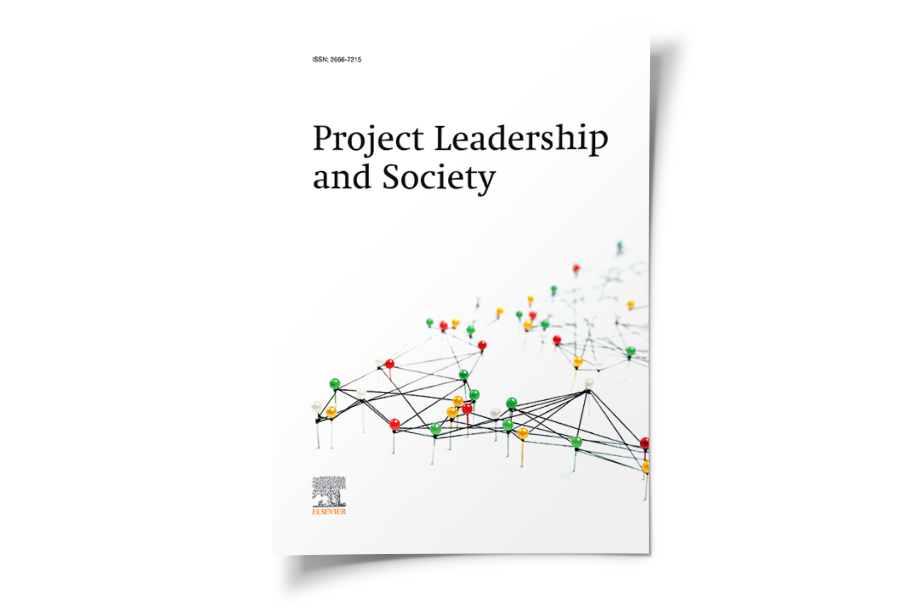The call for papers for the Project Leadership and Society journal’s special issue is now open. Submitting your paper to this special issue provides a unique opportunity to publish it as open access and it is offered free of charge if the paper is submitted through the special issue by December 15, 2023. We are looking forward to receiving your papers for review for this journal.
If you would like an earlier opportunity to present your paper, we encourage you to submit by 23 July 2023 your paper to our 3rd Project Leadership in a Changing World online international symposium. We have over 300 international scholars and industry practitioners attend and is a great chance to receive feedback. This opportunity may benefit you in the subsequent review for the special issue due by December 15, 2023.
Submissions need to be received by the respective deadlines and also can be different papers.
In the context of socialised leadership in a changing world, we welcome a range of submissions that can be related to the following topics, but not exclusively or in any particular order:
- Achieving desirable outcomes in collaborative context of project leadership
- Socialised and transformational project leadership
- Leadership in projects as interventions in wider systems
- Project leadership and achieving resilience in a changing world
- Future making as a form of collective inquiry
- Addressing the differing rates of change within and outside project boundaries
- Socialised project leadership and management and/or governance
- Collective decision-making and project goal setting
- Project leaders within the broader institutional context: the role of individuals in collective shifts
- Socialised project teams addressing external changes: followers and leaders
- Socialised project leadership and digital transformation
- Post-colonial perspectives in collective leadership
- Critical perspectives on socialised project leadership
- Data-driven methods and analytics in socialised project leadership
- Organisational dynamics of socialised project leadership
- Socialised leadership to achieve sustainable, resilient and just futures
- Socialised project leadership to achieve net zero: projects as interventions
- Incentive mechanisms in socialised project leadership
- Socialised project leadership in context
- Accountability in socialised project leadership
We are open to related research questions that critically examine socialised approaches to project leadership in a changing world.
Finally, from a methodological perspective, we welcome both theoretical and empirical papers that can contribute significantly to project management theory and practice see the journal’s website for a description of a variety of contributions: Aims & scope – Project Leadership and Society | ScienceDirect.com by Elsevier. However, the papers need to provide detailed and rigorous account of the methodology, as well as a clearly formed theoretical underpinning of the research.
Important Dates:
Submission due date: December 15, 2023.
For more details and to submit your paper to the Special Collection, please click the publication image.


